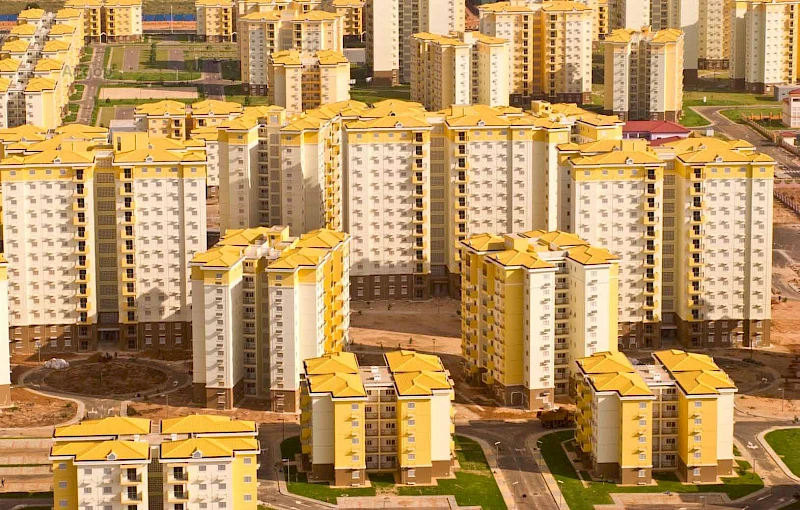Talatona - Residents of Kilamba City currently accumulate a debt to the State of 551,073.67 million kwanzas for water consumption, the president of the EPAL Board of Directors, Adão da Silva, announced on Saturday.
'Despite awareness efforts before the cuts, some citizens do not heed the warnings, and vandalize the equipment, in addition to making clandestine connections', he explained.
He highlighted that acts of vandalism include the destruction of frequency inverters, circuit breakers, connectors, power cables, relays, copper buses and electrical inverters.
He said that, in response, EPAL is collaborating with the municipal administration to reinforce the protection of equipment, in some blocks, such as S, X and Z, which have already adhered to the protection measures.
He highlighted that another major challenge experienced by technicians from the Luanda Public Water Company is access to buildings to read meters and carry out water cuts.
'In many cases, the cuts are carried out by third parties, who reconnect the water without authorization. Furthermore, there is poor use of watering points, which results in wasted water, especially when washing cars, carpets and sidewalks,” he added.
On the other hand, the local technical administrator, Joelson Gomes, recognized that the high rate of vandalism generates significant losses to the State, which could be used for improvements in other sectors.
He also advised against the misuse of irrigation points, which are being exploited for water mining, with gardeners selling water to informal transporters who then resell in nearby neighborhoods.
The President of the Kilamba Residents' Council, Gaspar Pedro, called for more effective police patrols to combat the wave of vandalism, classifying it as 'a reflection of the search for an easy life'.
In fact, resident Aniceto Neto, from block L22, was unhappy with the poor patrolling, while Josefa Casimiro, from block S27, stated that she was tired of the vandalization of public property and the lack of police action.
In reaction, the local technical administrator warned of the risks of unauthorized works in the apartments, such as the demolition of walls, which can cause cracks and infiltrations, compromising the structure of the buildings.
'Improvement works, such as removing mosaics tiles or painting, are one thing, but demolishing walls can have serious consequences', he concluded.
The new city, opened on July 11, 2011, has 24 blocks and approximately 55,000 people live there in 710 buildings.
The city, located approximately 40 kilometers south of the center of the capital, Luanda, has several social support services, including a medical center with staff working 24 hours a day, 24 daycare centers, nine primary schools, eight secondary schools and 50 kilometers of roads. GIZ/MDS/DOJ
































